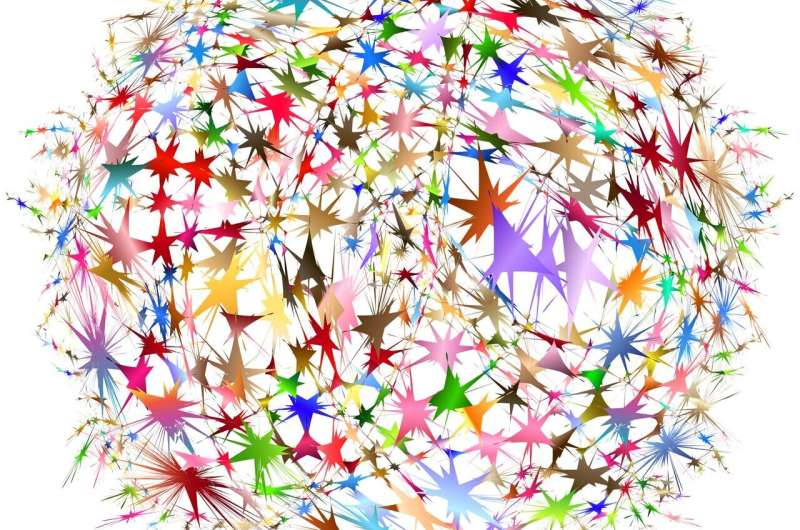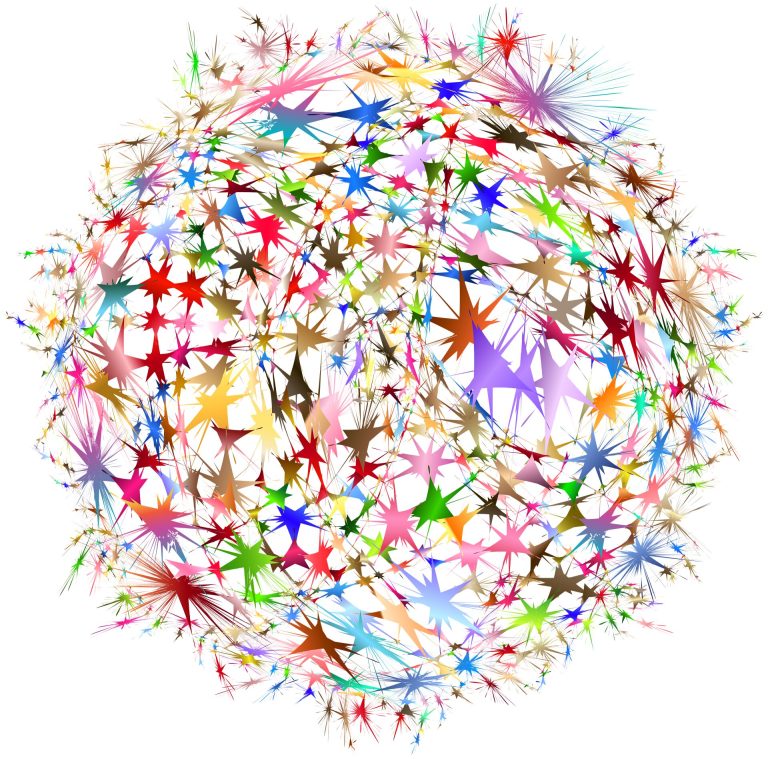
Credit: CC0 public domain
A survey of nearly 3,000 machine learning experts on how our lives would be different in an AI world has been completed, and the results are in.
The good news: A majority believe that AI will herald a wave of remarkable progress in fields such as science, literature, mathematics, music and architecture, and do so years earlier than a similar poll predicted two years ago.
The bad news is, well, we're all going to die.
These are at least the sentiments of between 38% and 51% of respondents who said they believe there is at least a 10% chance of an AI-induced extinction scenario. Nearly 60% said the odds were at least 1 in 20.
The survey was conducted by AI Impacts, which studies the long-term consequences of artificial intelligence.
And the results weren't all doom and gloom. The researchers found that major AI development is proceeding at such a rapid pace that participants believe that many major breakthroughs will be achieved years earlier than expected just two years ago.
For example, participants said there was at least a 50% chance that machines would gain the ability to accomplish every possible human task without human assistance — and to do it better and at a lower cost — by 2047. Two years ago, the estimated target date was 2060.
Other interesting AI breakthroughs have been predicted as early as late 2020. They include the ability to create a video from alternate angles, write a New York Times bestselling novel, and fold laundry.
And imagine creating a flawless song with the style and voice of Taylor Swift, The Weeknd, or Ed Sheeran, indistinguishable from the actual artist. The survey estimated that this could be achieved within two years. Some credible efforts have already been launched. The ethics of these achievements were not addressed in the study.
Overall, 70% of experts said good outcomes are more likely than bad as AI becomes smarter and more powerful.
The study, titled “Thousands of AI Authors on the Future of AI,” was published on the website arXiv Preprint server on January 5.
The study found that of the 39 tasks identified in the questionnaires, there was at least a 50% probability of completing 35 of them within a decade. These tasks included beating a human at Go (after each learning the same number of games), recognizing an object after seeing it only once, and winning the prestigious and challenging Putnam Mathematics Competition.
While a few expressed concern about an extinction event, more than half of survey respondents expressed “a great deal” or “extreme” concern about troubling AI trends, especially the spread of false and misleading information.
As an NBC news report recently warned, “The convergence of events at home and abroad, across traditional and social media — and amid an environment of growing authoritarianism, deep mistrust, and political and social unrest — increases the risks of propaganda, lies, and conspiracy.” “Theories are more dangerous than ever.”
With the American public concerned about another potential confrontation between President Biden and former President Trump, along with key elections in more than 50 other countries, the potential of artificial intelligence-generated misinformation threatens to impact the political chemistry within and between countries globally.
The survey also found “extreme concern” by respondents about deepfakes, the manipulation of public opinion trends, the potential use of AI by autocrats to control populations, and the spread of inequality by irresponsible users of AI.
Three-quarters of survey respondents said “more” or “more” safety research should be done to address growing concerns about the misuse of AI.
“While optimistic scenarios reflect the potential of AI to revolutionize various aspects of work and life, pessimistic projections – especially those involving extinction-level risks – serve as a stark reminder of the significant risks involved in developing and deploying AI,” the report concluded. “.
more information:
Katia Grace and others, thousands of AI authors talking about the future of AI, arXiv (2024). doi: 10.48550/arxiv.2401.02843
arXiv
© 2024 Web of Science
the quote: The future of AI could be great – or catastrophic (2024, January 30) Retrieved January 30, 2024 from https://techxplore.com/news/2024-01-future-ai-great-catastropic.html
This document is subject to copyright. Notwithstanding any fair dealing for the purpose of private study or research, no part may be reproduced without written permission. The content is provided for informational purposes only.

